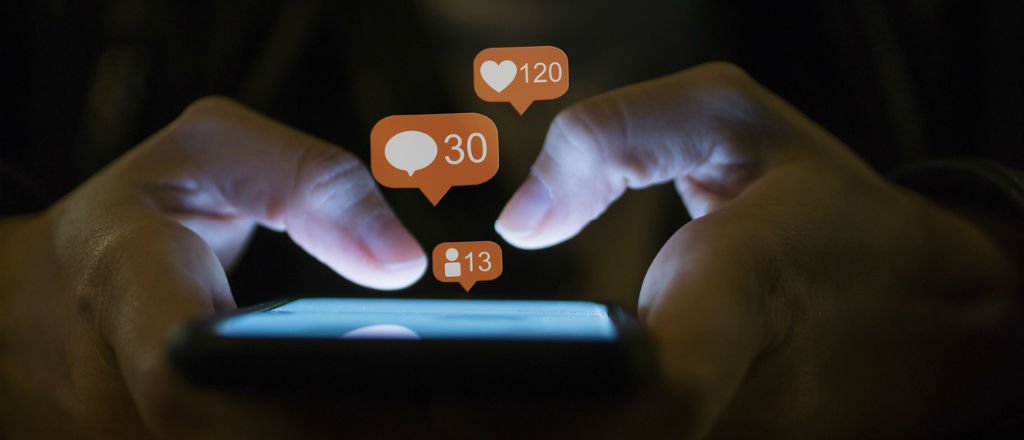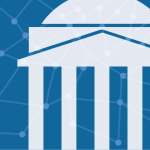
In little more than a decade, the impact of social media has gone from being an entertaining extra to a fully integrated part of nearly every aspect of daily life for many.
Recently in the realm of commerce, Facebook faced skepticism in its testimony to the Senate Banking Committee on Libra, its proposed cryptocurrency and alternative financial system. In politics, heartthrob Justin Bieber tweeted the President of the United States, imploring him to “let those kids out of cages.” In law enforcement, the Philadelphia police department moved to terminate more than a dozen police officers after their racist comments on social media were revealed.
And in the ultimate meshing of the digital and physical worlds, Elon Musk raised the specter of essentially removing the space between social and media through the invention — at some future time — of a brain implant that connects human tissue to computer chips.
All this, in the span of about a week.
As quickly as social media has insinuated itself into politics, the workplace, home life and elsewhere, it continues to evolve at lightning speed, making it tricky to predict which way it will morph next. It’s hard to recall now, but SixDegrees.com, Friendster and Makeoutclub.com were each once the next big thing, while one survivor has continued to grow in astonishing ways. In 2006, Facebook had 7.3 million registered users and reportedly turned down a $750 million buyout offer. In the first quarter of 2019, the company could claim 2.38 billion active users, with a market capitalization hovering around half a trillion dollars.
“In 2007 I argued that Facebook might not be around in 15 years. I’m clearly wrong, but it is interesting to see how things have changed,” says Jonah Berger, Wharton marketing professor and author of Contagious: Why Things Catch On. The challenge going forward is not just having the best features, but staying relevant, he says. “Social media isn’t a utility. It’s not like power or water where all people care about is whether it works. Young people care about what using one platform or another says about them. It’s not cool to use the same site as your parents and grandparents, so they’re always looking for the hot new thing.”
Just a dozen years ago, everyone was talking about a different set of social networking services, “and I don’t think anyone quite expected Facebook to become so huge and so dominant,” says Kevin Werbach, Wharton professor of legal studies and business ethics. “At that point, this was an interesting discussion about tech start-ups.
“Today, Facebook is one of the most valuable companies on earth and front and center in a whole range of public policy debates, so the scope of issues we’re thinking about with social media are broader than then,” Werbach adds.
Cambridge Analytica, the impact of social media on the last presidential election and other issues may have eroded public trust, Werbach said, but “social media has become really fundamental to the way that billions of people get information about the world and connect with each other, which raises the stakes enormously.”
Just Say No
“Facebook is dangerous,” said Sen. Sherrod Brown (D-Ohio) at July’s hearing of the Senate Banking Committee. “Facebook has said, ‘just trust us.’ And every time Americans trust you, they seem to get burned.”
Social media has plenty of detractors, but by and large, do Americans agree with Brown’s sentiment? In 2018, 42% of those surveyed in a Pew Research Center survey said they had taken a break from checking the platform for a period of several weeks or more, while 26% said they had deleted the Facebook app from their cellphone.
A year later, though, despite the reputational beating social media had taken, the 2019 iteration of the same Pew survey found social media use unchanged from 2018.
Facebook has its critics, says Wharton marketing professor Pinar Yildirim, and they are mainly concerned about two things: mishandling consumer data and poorly managing access to it by third party providers; and the level of disinformation spreading on Facebook.
[“source=knowledge”]




